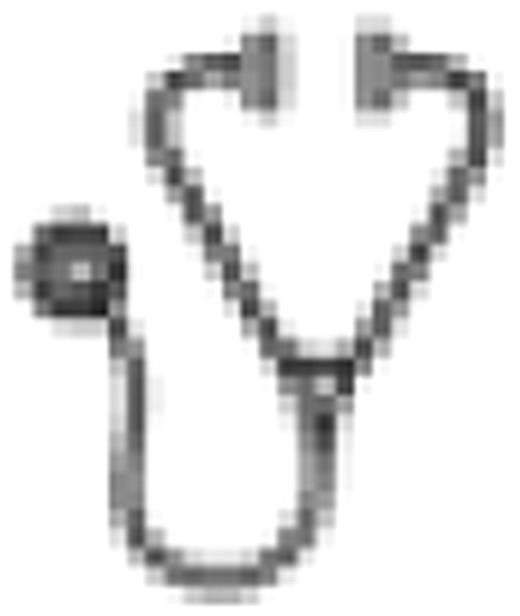Abstract
TFPI is the major physiological inhibitor of the extrinsic pathway of blood coagulation. Thus, blocking TFPI activity is a possible approach to treat bleeding disorders such as hemophilia A and B. BAX 513, a fucoidan derived from the brown seaweed L. japonica, and other non-anticoagulant sulfated polysaccharides (NASPs) improve coagulation in hemophilic blood and plasma (Liu et al. Thromb Haemost 2006;95:68). This procoagulant activity of NASPs can at least partially be attributed to the inhibition of TFPI. For this study, we predicted that endogenous TFPI levels are associated with decreased hemostatic capacity under hemophilic conditions. We correlated clotting parameters measured by global hemostatic assays with the total and full-length (FL) TFPI levels in human plasma samples in the absence or presence of BAX 513.
Tissue factor-triggered coagulation of normal and FVIII-inhibited plasma or blood from 30 healthy subjects was monitored by calibrated automated thrombograph (CAT) assay and rotation thromboelastometry (ROTEM). The experiments were performed with or without factor VIII blockade with a goat anti-human Factor VIII antibody to simulate acquired hemophilia. The total and FL-TFPI plasma levels were quantified by ELISA. We observed longer clotting and clot formation times by ROTEM and decreased thrombin generation in the presence of high TFPI levels in normal plasma (p<0.05). These correlations became substantially stronger when FVIII was inhibited (reaching up to r2= 0.64; p<0.001). In the presence of BAX 513 (0.1–1.2 μg/mL), most plasma samples showed a pro-coagulant response with an at least 50% increase in thrombin peak and a decrease in time to peak. The BAX 513-mediated increase in thrombin generation correlated strongly with the individual FL-TFPI plasma level. The effect was even more apparent when FVIII was inhibited, where the extrinsic pathway is the only driver of thrombin formation.
These data indicate that high endogenous TFPI levels critically compromise hemostasis in acquired factor VIII deficiency and that TFPI is a threshold factor for the intrinsic amplification of thrombin formation. As low TFPI levels are associated with increased blood clotting, TFPI inhibition is a rationale treatment approach in patients with hemophilia. Importantly, our findings validate the inhibition of TFPI activity as a mode of action for BAX 513 and related pro-coagulant compounds.
Dockal:Baxter Innovations GmbH: Employment. Gorczyca:Medical University of Vienna: Employment. Knappe:Baxter Innovations GmbH: Employment. Palige:Baxter Innovations GmbH: Employment. Ehrlich:Baxter Innovations GmbH: Employment. Scheiflinger:Baxter Innovations GmbH: Employment.

This icon denotes a clinically relevant abstract
Author notes
Asterisk with author names denotes non-ASH members.

This feature is available to Subscribers Only
Sign In or Create an Account Close Modal